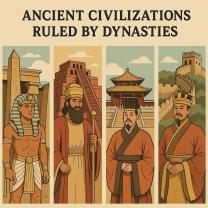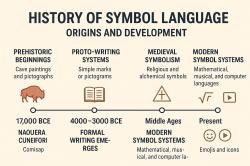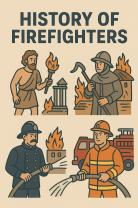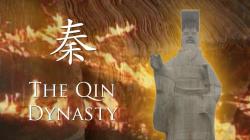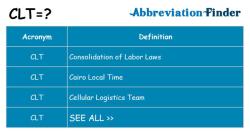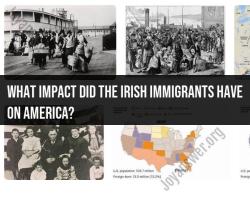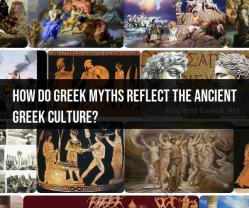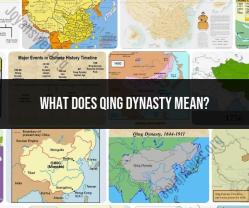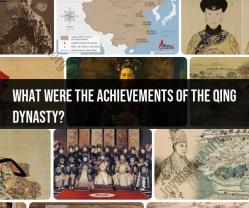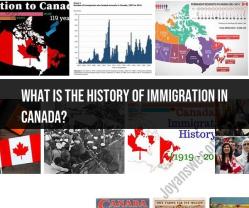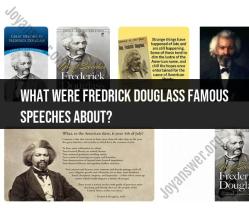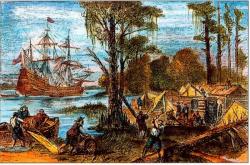What are some controversial topics in history?
History is rife with contentious issues that continue to spark debates and discussions. Some of these controversial topics include:
The Existence of Atlantis: The mythical island's existence and its disappearance have intrigued historians, archaeologists, and scholars for centuries. Debates revolve around whether it was a real place or merely a legend.
The Authorship of Shakespeare's Plays: Some scholars question whether William Shakespeare wrote all the works attributed to him, leading to debates about the true authorship.
The Roswell UFO Incident: The alleged crash of a UFO in Roswell, New Mexico, in 1947 has sparked debates about whether it was an extraterrestrial event or a government cover-up.
The Assassination of JFK: The assassination of President John F. Kennedy in 1963 continues to generate conspiracy theories and debates regarding the involvement of multiple gunmen and the possibility of a larger conspiracy.
The Historical Jesus: The life and existence of Jesus Christ have been extensively studied, but debates persist about the historical accuracy of events in his life and the divinity attributed to him.
The Moon Landing Conspiracy: Some believe that the Apollo moon landings were staged by NASA, sparking debates over the authenticity of the missions.
The Armenian Genocide: Recognized by many scholars and several countries as a genocide perpetrated by the Ottoman Empire during World War I, its denial by the Turkish government remains a contentious issue.
Native American History and Colonization: Debates continue about the impact of European colonization on indigenous populations, including discussions on cultural assimilation, displacement, and historical injustices.
Holocaust Denial: Despite overwhelming evidence, some individuals and groups deny or minimize the Holocaust, generating debates about the accuracy of historical records and the dangers of denialism.
The Confederate Flag and Monuments: The display of Confederate symbols and monuments in the United States sparks debates about their historical significance, heritage, and their association with racism and slavery.
These topics often generate passionate discussions, with varying perspectives based on historical evidence, personal beliefs, and cultural influences.
Debating the Legacy of Historical Figures: Reassessing the Actions and Impact of Prominent Individuals
Historical figures are often revered or reviled for their contributions to the world. However, their legacies are often complex and multifaceted, and it is important to reassess their actions and impact in light of new information and perspectives.
Key Considerations:
Context and Nuance: Examine historical figures within the context of their time and the prevailing social, political, and cultural norms.
Multiple Perspectives: Consider the perspectives of different groups affected by the historical figure's actions, including marginalized voices often overlooked in traditional narratives.
Evolving Understandings: Recognize that our understanding of history is constantly evolving as new evidence emerges and interpretations change.
Exploring Historical Events Through Different Perspectives: Unraveling Complex Narratives and Uncovering Hidden Truths
Historical events are often presented from a single perspective, perpetuating biases and obscuring the full complexity of the past. Exploring diverse perspectives can unravel complex narratives and uncover hidden truths.
Key Considerations:
Seek Out Diverse Sources: Consult a wide range of sources, including primary documents, oral histories, and works by historians from different backgrounds.
Challenge Assumptions: Question established narratives and consider alternative explanations for historical events.
Uncover Silenced Voices: Give voice to marginalized groups whose contributions have been overlooked or suppressed in traditional accounts.
Examining Controversial Historical Interpretations: Challenging Established Beliefs and Reconstructing Past Events
Many historical interpretations are contested, reflecting the inherent complexity of the past. Examining these controversies can challenge established beliefs and lead to a more nuanced understanding of history.
Key Considerations:
Engage with Discomfort: Confront uncomfortable truths and engage with challenging interpretations, even if they contradict established narratives.
Evaluate Evidence Critically: Carefully assess the evidence supporting different interpretations, considering potential biases and limitations.
Embrace Tentativeness: Accept that historical understanding is fluid and that our knowledge of the past is constantly evolving.


